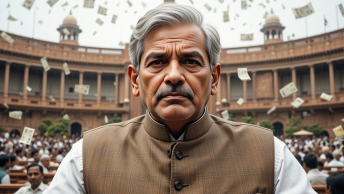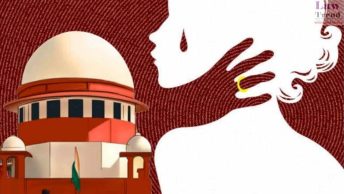Today’s Hindu carries the CEC’s response to the Hindu’s coverage of the controversy over his recommendation to remove EC, Navin Chawla, and the Hindu’s editor-in-chief N.Ram’s reply to him point-wise. The exchange brings to the fore some of the issues that we have discussed on this blog, especially the relevance of the August 7, 2007 order of the Supreme Court while permitting Jaswant Singh to withdraw his petition, and the apparent inconsistency in the written submissions and the affidavits filed by Navin Chawla in the same matter.
On both the issues, I find Ram’s reasoning persuasive enough. Legally, affidavits carry greater weight than the written submissions of the counsel. Therefore, CEC’s reliance on the written submissions of Navin Chawla, overlooking the context in which they were made, to buttress his stand that he has got suo motu power to recommend is not very convincing. I was equally surprised to find that the CEC relied on the erroneous sentence in the August 7, 2007 order to sustain his stand. This order, bereft of reasoning, and with the Court’s caveat that it kept all questions open, cannot be considered as laying down any law, let alone be cited as precedent. Therefore, I stand corrected and I no longer subscribe to the view that it might have an impact on the controversy, as I had stated in my previous post.
On further reflection, I find that the question of suo motu power to recommend is inextricably tied with the question whether the CEC can exercise both the power to investigate and to recommend, which would be against the rule of natural justice. The Constitution enables him to recommend removal of an EC, but not to investigate his so-called misconduct. Both the Constitution [Article 324(5)]and the 1991 Act are silent on how the CEC can exercise this power to recommend, but that does not mean the CEC can ignore the rules of natural justice. The CEC ought to have entrusted the task of investigation to his third colleague, or some other neutral person or persons. The mixing up of these two roles vitiates his recommendation. The SC’s decision in State of Uttaranchal vs. Kharak Singh (delivered on August 13, 2008) is the latest to reiterate the law that the principles of natural justice require that the same person does not perform the roles of the Investigator, Prosecutor and Judge.
This mixing up, I would suggest, is the result of the CEC’s unjustified claim to suo motu powers to recommend. Had the CEC taken the elementary precaution of not initiating an action without the reference from the Government/President, this mixing up could have been avoided. Of course, the President must have conducted an inquiry herself, and forwarded the results to the CEC for his recommendation. Therefore, Ashok Desai’s opinion now makes sense to me. In this case, the Government had once not forwarded the complaint received from the President to the CEC, because it did not find merits in it. I agree with the view that the Government must have made its findings on the complaint public, in order to dispel misgivings.
Having said that, I must answer the question whether the CEC is protected by the exception of doctrine of necessity to the rule of natural justice. The Supreme Court has negatived this contention in this judgment.





